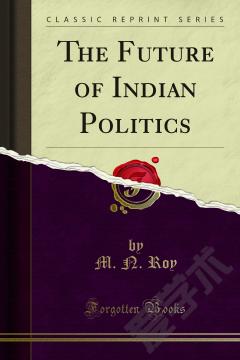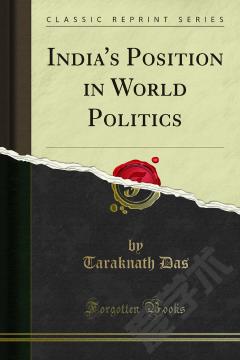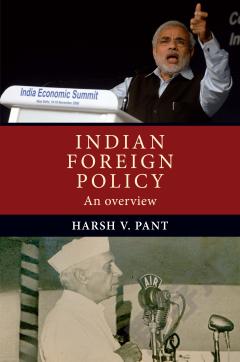The Future of Indian Politics
In this book the historic necessity for a People's Party in India is dealt with. The question of the party of the proletariat is purposely left out. The role of the proletariat in the struggle for national freedom and democratisation of the country is defined only in broad outlines. Political organisation of the proletariat, its structure and programme, do not enter into the purview of the book. The proletariat is considered as a component part of the Nationalist forces. By the omission of the question, the importance of the party of the proletariat is not in the least minimised. Neither is the People's Party meant to be a substitute for the party of the proletariat. The object of this book is to show a way to the revolutionary Nationalist forces; to point out the causes of the decline of bourgeois Nationalism; to expose the tendency of compromise underneath the verbal radicalism of the upper middle class; to indicate the historic necessity for the fight for freedom; and to enunciate in general the programme and organisational form the fight is bound to assume in its coming phases. Although the proletariat is destined to act as the lever of the struggle for national liberation, there are other social classes immensely more numerous than the proletariat whose importance in the fight for democratic national freedom cannot be minimised. The future of Indian politics will still be dominated by the interests of these classes - intellectuals, artisans, small traders and peasantry.
{{comment.content}}








 京公网安备 11010802027623号
京公网安备 11010802027623号